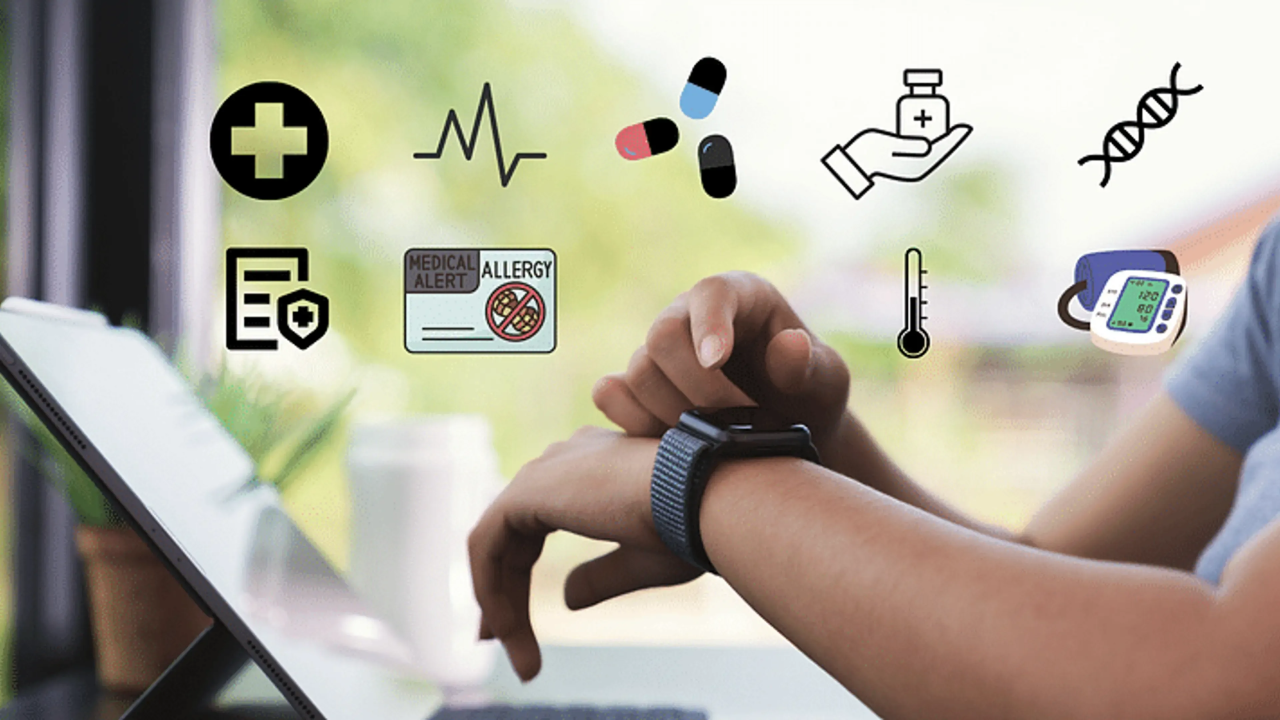
As we journey through 2025, the health and wellness industry is experiencing a paradigm shift. Fueled by technological advancements, post-pandemic lifestyles, and greater focus on mental wellbeing, the health trends of today are all about finding balance, individuality, and preventative health.
From digital detox ceremonies to wellness apps powered by AI, the health-aware consumer of 2025 is more linked, more knowledgeable—and more thoughtful—than ever. So which trends are really transforming how we live, eat, move, and heal?
The following are the top 2025 health trends that are revolutionizing how to live well in the hyper-digital era.
1. AI-Driven Personalized Wellness Plans
Artificial Intelligence has entered the realm of personal wellness—and it’s here to stay. AI-powered wearables and applications track your biometric data, lifestyle patterns, and genetic profiles today to offer hyper-personalized wellness recommendations.
Nutrition coaching and sleep training to real-time stress relief and activity tracking, AI empowers users to customize their health with data accuracy.
Imagine a virtual health coach that’s tailored to your body—that’s the new norm in 2025.
2. Digital Detoxing as a Daily Routine
As digital fatigue becomes more mainstream, more and more people are embracing official digital detox routines. Whether it’s setting screen-free hours, turning on grayscale mode, or powering down altogether for weekends, the goal remains the same: restore mental clarity and reduce screen-induced stress.
Mental health experts now consider tech boundaries to be as important as nutrition or exercise, especially for Gen Z and remote workers.
3. Gut Health is the Foundation of Wellness
The microbiome revolution is once again in the news, with science continuing to show its impact on digestion, mood, immunity, and even skin tone. In 2025, gut-friendly foods, precision probiotics, and fiber-pioneering diets are front and center in integrated health plans.
New home microbiome testing enabled learning about and feeding your gut with tailored nutrition plans.
4. Longevity-Based Biohacking
Longevity is no longer just about living longer—now people also desire to live healthier, stronger, and mentally clearer. The longevity science category has evolved incredibly with the popularity of habits like:
- Cold plunges and red light therapy
- Intermittent fasting and NAD+ supplements
- Non-diabetic continuous glucose monitoring (CGM)
- Sleep optimization through wearable tracking
It’s the year 2025, and biohacking is no longer fringe—a lifestyle choice of high performers and health enthusiasts.
5. Telehealth 2.0 and Virtual Wellness Clinics
Virtual medicine has moved from crisis solution to mainstream healthcare channel. Telehealth services in 2025 now encompass:
- AI triage assistants
- Remote diagnosis through smartphone-enabled devices
- Virtual physio and mental health coaching
- Subscription-based digital wellness plans
This shift allows patients to access quality care wherever they are, especially in underserved communities.

6. Mental Health Tech & Emotional Fitness
Mental health is no longer stigmatized—it’s on the agenda. Fitness apps go beyond meditation with new emotional check-in apps, resilience training apps, guided CBT apps, and mood-tracking apps.
Neurofeedback headbands, breath-tracking sensors, and stress-tracking rings get humans emotionally fit, the same way regular physical fitness exercises do.
In 2025, mental fitness is viewed as something quantifiable, trainable, and as habitual as brushing your teeth.
7. Food as Precision Medicine
One-size-fits-all dieting is a thing of the past. With nutrigenomics and microbiome testing, individuals now eat according to their personal genetic and gut type.
Meal kits, grocery delivery services, and nutrition programs read personalized meal plans from blood biomarkers, allergies, and wellness goals—turning your plate into your best prescription.
8. Sleep as a Health Priority, Not a Luxury
Sleep is now officially in the non-negotiable category of health. Wearables in 2025 no longer just track your sleep—they coach you through REM cycles, circadian entrainment, and recovery readiness.
Smart mattresses to melatonin-regulated lighting, the market is saturated with offerings allowing consumers to sleep smarter, longer, and deeper.
9. Sustainable Fitness & Recovery Regimens
Instead of high-intensity training, people now prioritize sustainable, joint-friendly exercises like:
- Functional strength training
- Mobility flow and yoga fusion
- Low-impact cardio (e.g., cycling, walking, swimming)
Active recovery is also given more priority, with the likes of massage guns, compression boots, and guided stretching becoming household names.
10. Workplace Wellness Gets a Makeover
In 2025, employers view employee well-being as a business strategy, not a benefit. Progressive companies are investing in:
- Mental health days
- VR meditation-guided breaks
- Ergonomic workstations
- On-demand therapy and fitness subscriptions
With burnout hitting its peak, sustainable productivity, not performance, is what workplace wellness programs prioritize now.
The Future of Health Is Personalized, Proactive, and Digital
As we move deeper into 2025, wellness is no longer confined to doctor’s appointments or diet fads—it’s integrated into our daily lives. Where self-awareness, technology, and science intersect, the most effective wellness strategies are personalized, tech-powered, and mind-body focused.
By being ahead of these trends, you’re not only keeping pace with tomorrow—you’re co-creating it.
Because in 2025, your well-being is not a fantasy—it’s your most logical choice.
















